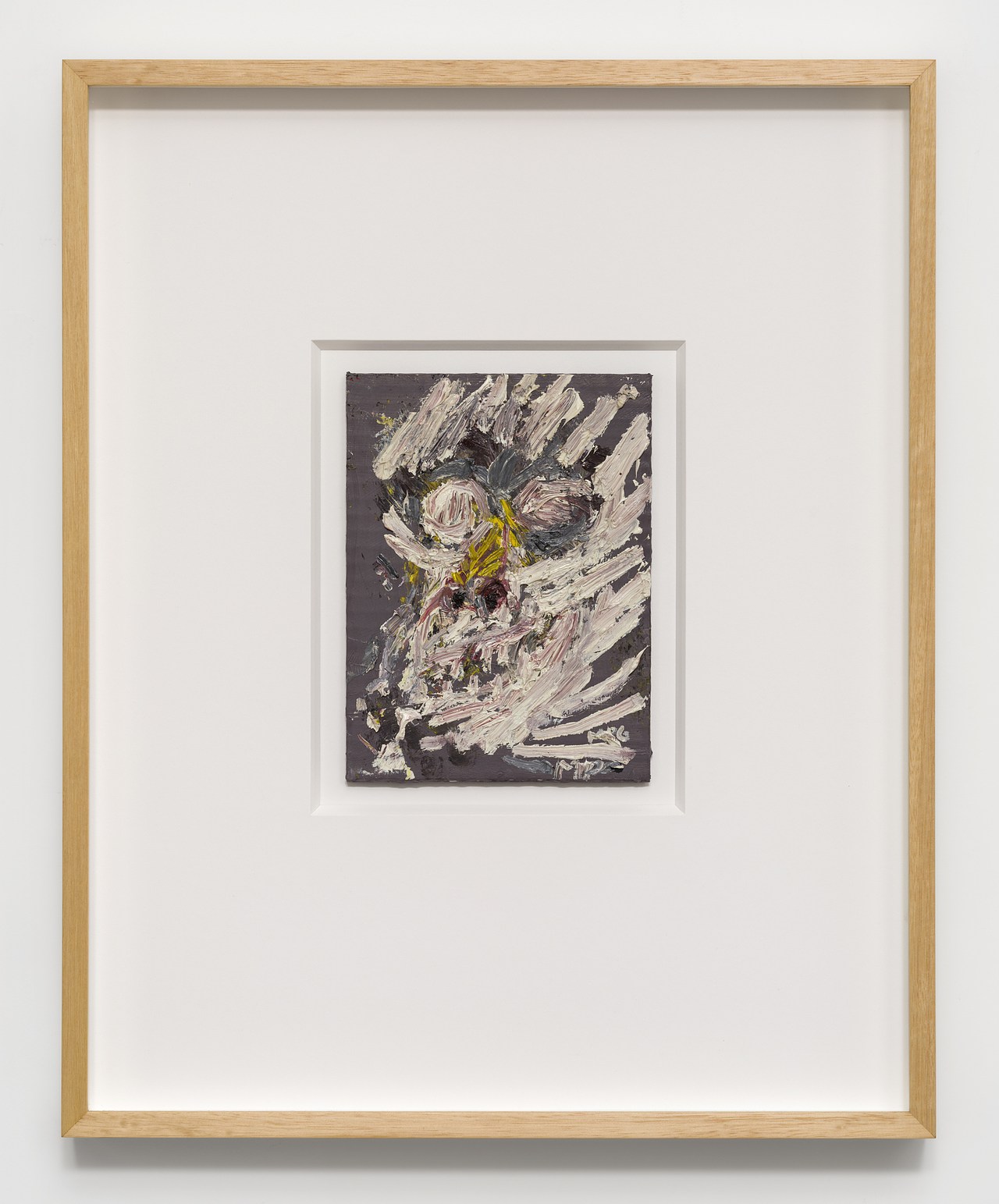Domes, #1
1969 - Sculpture (Sculpture)
Judy Chicago
Domes #1 represents a significant moment in Chicago’s career when her art began to change from a New York-influenced Abstract Expressionist style to one that reflected the pop-inflected art being made in Los Angeles. By 1968, the year she began creating Domes , the twenty-nine-year-old artist had moved from Chicago to Los Angeles, graduated from UCLA, and was part of a generation of artists whose work was characterized by of the masculine overtones of Southern California’s flourishing car culture. Inspired by new technologies in the auto manufacturing, these “Finish Fetish” artists appropriated industrial materials such as car paint or lacquer to create artwork with pristine finishes. Chicago too was interested in using industrial technologies and enrolled in auto body and boat building school. While the geometric forms, meticulously applied finish, and luminous, gradated hues of color in Domes speak to Chicago’s interest in the prevailing artistic themes of 1960s Southern California, its intimate scale, round shape, and triangular formation belie her career-long interest in using “feminine” forms to promote feminist issues.
In the 1970s Judy Chicago and Miriam Schapiro founded the Feminist Art Program at CSU Fresno, which later moved to CalArts in Los Angeles. As a result of her art work and pedagogy, Chicago is the most recognizable feminist artist who gave an authentic voice to women’s experiences and their important contributions to human society and culture. In addition to expanding women’s rights to encompass a greater freedom of artistic expression, Chicago expanded the definition of art and the role of all artists. Her earliest forays into the art world coincided with the rise of Minimalism, and the Los Angeles-based Finish Fetish movement, which she eventually abandoned in favor of an art practice believed to have greater content and relevance.
Colors:
Other related works, blended automatically

© » KADIST
Jeffry Mitchell
2012Poised with tool in hand, Jeffry Mitchell’s The Carpenter (2012) reaches forward, toward his workbench...

© » KADIST
Alicia McCarthy
2010A painting reminiscent of a certain “naive primitivism,” Untitled (the way in is the way out) is representative of McCarthy’s work...

© » KADIST
Edgar Arceneaux
2006Untitled (Wheelchair Drawing) is a ten-foot photo transfer of the image of a wheelchair with burning embers in its seat...

© » KADIST
Pascal Shirley
2006Gypsy shows an ambivalent scene, in which broken blinds and its unsmiling subject are balanced with the stilllife plentitude of watermelon slices and the beautifully lit nudity of the sitter...

© » KADIST
Adrian Villar Rojas
2012Based on historical prophecies and fantasy, the artist creates apocalyptic scenarios that posit an enigmatic world plagued by social, political, and environmental upheaval...

© » KADIST
Rodney McMillian
2013In his evocative Landscape Paintings, McMillian uses second-hand bedsheets, sourced from thrift shops, as his starting point...

© » KADIST
Scott Reeder
2013Reeder’s works often start with language—and his Pasta Paintings are no different...

© » KADIST
James Welling
2005#17 Pink is a photogram, a photographic image produced without the use of a camera...

© » KADIST
Tony Oursler
2012Continuing Oursler’s broader exploration of the moving image, Absentia is one of three micro-scale installations that incorporate small objects and tiny video projections within a miniature active proscenium...

© » KADIST
Mario Garcia Torres
Mario Garcia Torres discovered the work of artist Oscar Neuestern in an article published in ARTnews in 1969...

© » KADIST
James Welling
2006Welling employs simple materials like crumpled aluminum foil, wrinkled fabric and pastry dough and directly exposes them as photograms, playing with the image in the process of revealing it...

© » KADIST
Chris Johanson
2010Chris Johanson’s Untitled (Painting of a Man Leaving in Boat) (2010) pictures a canoe drifting toward an off-kilter horizon line, which demarcates the cobalt sea from the cerulean sky...

© » KADIST
Jeffry Mitchell
2012Though the title might suggest an Adonis, Jeffry Mitchell’s The Swimmer (2012) is a squat, jolly man with a protuberant belly...

© » KADIST
Julian Hoeber
2011Every work in Hoeber’s 2011 series Execution Changes is titled in alphanumeric code...






